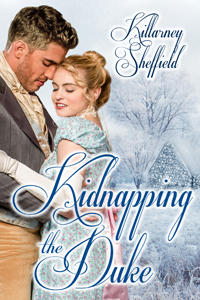A really strange thing has happened to me since my last book, Miss Locatelli, was published. I've started listening to a different voice.
Instead of waiting for a while before I started a new story, I began writing straight away. This was because I'd had an idea buzzing around in my head for a while and I wanted to grab it before it went away. I talked about it in an earlier Books We Love blog, Sepia Photos and Other Stories, and now the time had come to see if it would work. I had a problem though, or I thought I did, because up until now all my books have been written in the third person. This time I knew I had to write in the first person because it was the only way the story was going to work. I have no idea why this is the case. It just is.
There is also the problem that the story involves quite a lot of historical time travel, which is something else I've never attempted before.
I expected to spend hours staring at a blank screen as I wrestled with this mix of ideas and challenges. Instead the opposite has happened. Rachel's voice, as the storyteller, is loud and clear in my head, and her words just keep pouring out. The only thing that is slowing me down is my everyday life and all the things that entails. The days when I don't have time to write don't seem to matter, however. Whenever I come back to the story I barely need to refresh my memory by reading the last few pages I've written because Rachel is there waiting for me with a whole lot of new things to say.
What I don't know is whether it is just Rachel and this particular story that is making writing in the first person so easy, or whether it is my authentic writing voice and I've only just discovered it. I don't know, either, whether the other stories I have stored in my head would translate into this type of narrative. Maybe this is a 'one off.' If it is, then it's strange, because although the basis of the story is a family history, it's not my own family history, nor does Rachel bear any resemblance to anyone I know. She just came, fully-formed, out of nowhere. I didn't need any triggers to see her face, like I normally do. Nor have I had to make up her back story because she tells it to me as we go along.
It's a joyous experience, to find words flowing so easily. I just hope it keeps on happening as I travel further into the book.
One other thing I don't know is whether readers will like it, especially those readers who are faithful to my books and buy a copy of every one. I've already tried the first few chapters out on one of my Beta readers though, and she liked it. I just hope the others will too.
Of course the final challenge is getting it finished. Words flowing easily are one thing, finding enough time to get them into the book is entirely another. The voice of my first person narrator is pushing me though. Every time I have a few moments to spare she propels me towards my computer screen, and for that, if nothing else, I'm grateful.




















.jpg)



.jpg)


